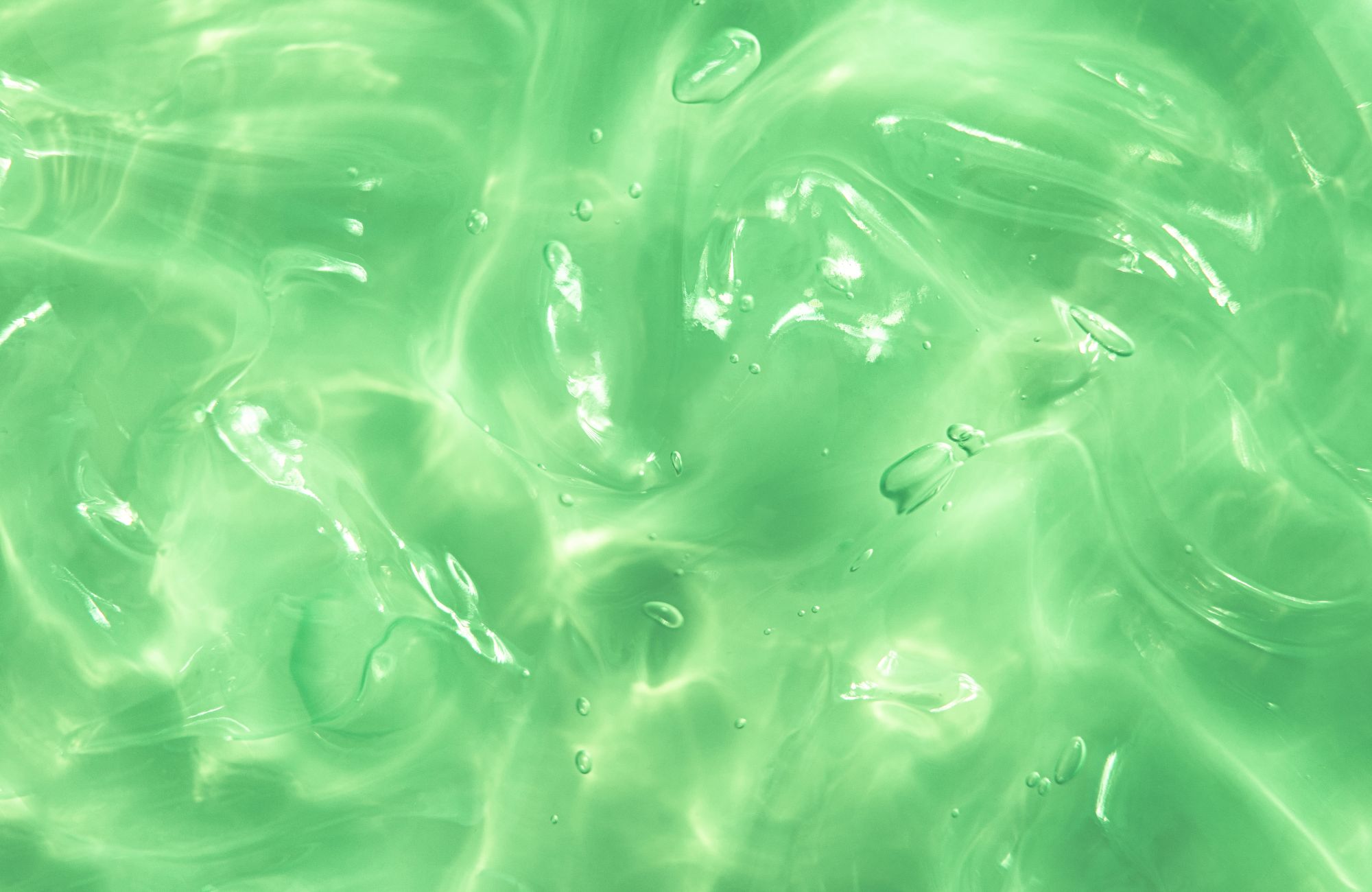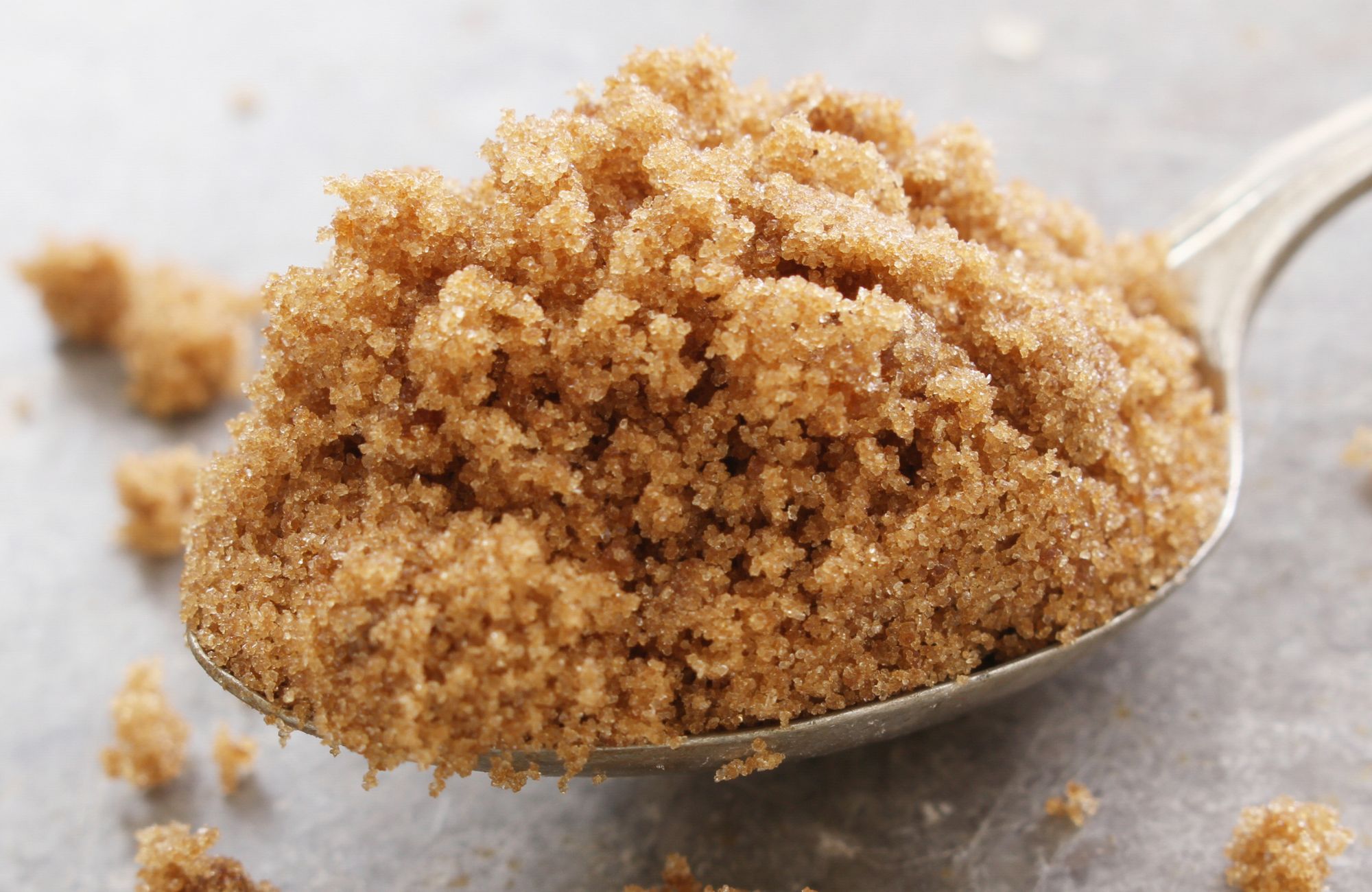
Is Citric Acid Soluble in Water? A Complete Guide
Citric acid is one of the most widely used food acids in the world today. From the tangy flavor in your favorite beverages to its role in household cleaners, this versatile substance plays a crucial part in countless products we use every day. One of the most common questions about this ingredient is whether it dissolves in water. The short answer is yes. Citric acid is highly water soluble, which is why it blends so easily into everything from lemonade to cleaning solutions.
In this straightforward guide, we will explore how citric acid dissolves in water, how temperature affects its solubility, and why this property matters in practical applications. You will also learn how its ability to dissolve quickly and evenly makes citric acid a natural preservative and a go-to ingredient in food, beverage, cleaning, and personal care products.
What is Citric Acid?
Citric acid is a weak organic acid naturally found in citrus fruits like lemons, limes, and oranges, giving them their signature sour taste. It also exists in small amounts in other fruits, vegetables, and even in the human body, where it plays a role in energy production. In its pure form, citric acid is a white, odorless powder with a sharp, slightly sweet flavor, making it a popular ingredient for adding tartness to candies, soft drinks, and a wide range of foods.
Although citric acid comes from citrus fruits, most of the citric acid used in commercial products today is produced through fermentation using a mold called Aspergillus niger, which efficiently converts sugars into citric acid. This method became essential during World War I when lemon supplies were limited. As a mild acid, citric acid is much gentler than stronger acids, making it safe and effective for use in foods, beverages, and personal care products.
Basic Properties of Citric Acid
Before we talk about how citric acid dissolves in water, let’s look at its basic properties:
- Appearance: White powder
- Odor: None
- Taste: Sour
- pH Level: When dissolved in water (1% solution), it creates a moderately acidic solution with a pH of about 2-3
- Classification: Mild acid that’s safe for food use
Interestingly, citric acid can exist in two forms depending on water content. When citric acid forms crystals from hot water, it creates what’s called the “anhydrous” form (meaning without water). When it forms crystals from cold water, it creates a form that contains one water molecule called a “monohydrate.” This shows how citric acid and water have a special relationship even at the basic level.
One of the most useful properties of citric acid is its ability to bind with metals like calcium and magnesium. This makes it great for removing hard water stains and is why it’s often used in cleaning products for bathrooms and kitchens.
Is Citric Acid Soluble in Water? The Complete Answer
Citric Acid Dissolves Very Well in Water
Yes, citric acid is highly soluble in water. At room temperature (around 68°F), approximately 59 grams of citric acid can dissolve in 100 milliliters of water. To put this in perspective, that’s like dissolving about 12 teaspoons of citric acid powder in less than half a cup of water. This excellent solubility is why citric acid is so easy to use in beverages, cleaning solutions, and many other liquid products.
Hot Water Dissolves Citric Acid Better Than Cold Water
Like most substances, citric acid dissolves better in hot water than in cold water. The warmer the water, the more citric acid can dissolve in it. This means if you’re trying to make a concentrated citric acid solution, using warm or hot water will help you dissolve more powder. This is especially useful in cleaning applications where concentrated solutions are often needed to remove tough stains.
It’s also why many recipes that call for citric acid (like in canning or cheese-making) often specify adding it to hot water rather than cold water. The powder simply dissolves faster and more completely in warm water.
How We Use Citric Acid’s Water Solubility in Everyday Products
The fact that citric acid dissolves so well in water makes it incredibly useful in many products we use daily:
Food and Drinks
In foods and beverages, citric acid’s ability to dissolve in water helps it:
- Add tartness: Gives a sour taste to candies, soft drinks, and other foods
- Keep foods fresh: Creates an environment where bacteria can’t easily grow
- Prevent browning: Stops cut fruits like apples from turning brown
- Enhance flavors: Makes other flavors in food “pop” and taste brighter
- Balance sweetness: Cuts through sweetness in desserts and candies
Because citric acid dissolves so completely in water, it spreads evenly throughout beverages without creating gritty textures or settling at the bottom. This is why you don’t see citric acid crystals floating in your lemonade or soda.
Cleaning Products
In household cleaners, citric acid’s water solubility helps it:
- Remove hard water stains: Dissolves the calcium that causes white spots on faucets and showers
- Clean coffee makers: Removes mineral buildup inside appliances
- Brighten bathroom fixtures: Dissolves soap scum and water spots
- Clean dishwashers: Removes buildup that can affect performance
Many “green” cleaning products use citric acid instead of harsher chemicals because it’s effective yet food-safe. When dissolved in water, citric acid can reach into small spaces and crevices to clean effectively.
Personal Care Products
In beauty and personal care items, citric acid’s water solubility helps it:
- Balance pH: Creates the right acidity level for skin and hair products
- Preserve products: Helps prevent spoilage in lotions and shampoos
- Exfoliate skin: Gently removes dead skin cells in some facial products
Since citric acid dissolves so well in water, it mixes easily into water-based products like toners, shampoos, and liquid soaps.
Conclusion
Citric acid is naturally found in citrus fruits and is widely valued for its high solubility in water, making it an essential ingredient in everything from food and beverages to household cleaners and personal care products. Its ability to dissolve quickly and evenly allows it to enhance flavors, act as a natural preservative, clean effectively, and maintain product stability. This versatility is why citric acid continues to be a trusted component across multiple industries and everyday applications.
US Sweeteners offers premium, food-grade citric acid ideal for your manufacturing and formulation needs. Whether you’re producing refreshing beverages, flavorful foods, or effective cleaning and personal care products, our citric acid delivers the quality and consistency your business relies on. As a highly soluble natural preservative, it supports both taste and shelf life. Contact us today to explore our competitive bulk pricing and dependable supply solutions.
FAQs
Is citric acid soluble in water?
Yes, citric acid is highly soluble in water. At room temperature, about 59 grams can dissolve in 100 ml of water, and this solubility increases with temperature. This excellent solubility is why citric acid is widely used in beverages, food products, and cleaning solutions. It’s also a reason why efficient citric acid producers often rely on aqueous processes to produce citric acid at scale.
Is citric acid good for cleaning?
Yes, citric acid is excellent for cleaning because its water solubility allows it to effectively remove hard water stains, mineral deposits, soap scum, and limescale. When used on surfaces with calcium build-up, citric acid can yield calcium citrate salt, which is water-insoluble and easily wiped away. Many eco-friendly and natural cleaning products include citric acid as their active ingredient due to its food-safe profile.
How does pH affect the solubility of citric acid?
As a weak acid, citric acid’s solubility is somewhat dependent on pH. In very acidic solutions, the solubility may decrease slightly due to the common ion effect. In alkaline solutions, it reacts with metal ions to form salts like sodium citrate or calcium citrate. These reactions are also connected to principles from the citric acid cycle, a key biochemical pathway in cellular respiration.
How stable are citric acid solutions over time?
Properly prepared citric acid solutions are quite stable when stored correctly. However, in concentrated forms or under harsh conditions, such as exposure to high heat or strong oxidizers like nitric acid, degradation can occur. Microbial contamination is another factor that may compromise long-term stability.
What are the best storage conditions for citric acid solutions?
Citric acid solutions should be stored in cool, dark places in tightly sealed containers. Light and heat can lead to breakdown over time. If the solution is derived from natural sources like fresh lemon juice, preservatives might be needed to prevent microbial growth. For industrial uses, synthetic preparations offer greater consistency and longer shelf life.



Leave a Reply